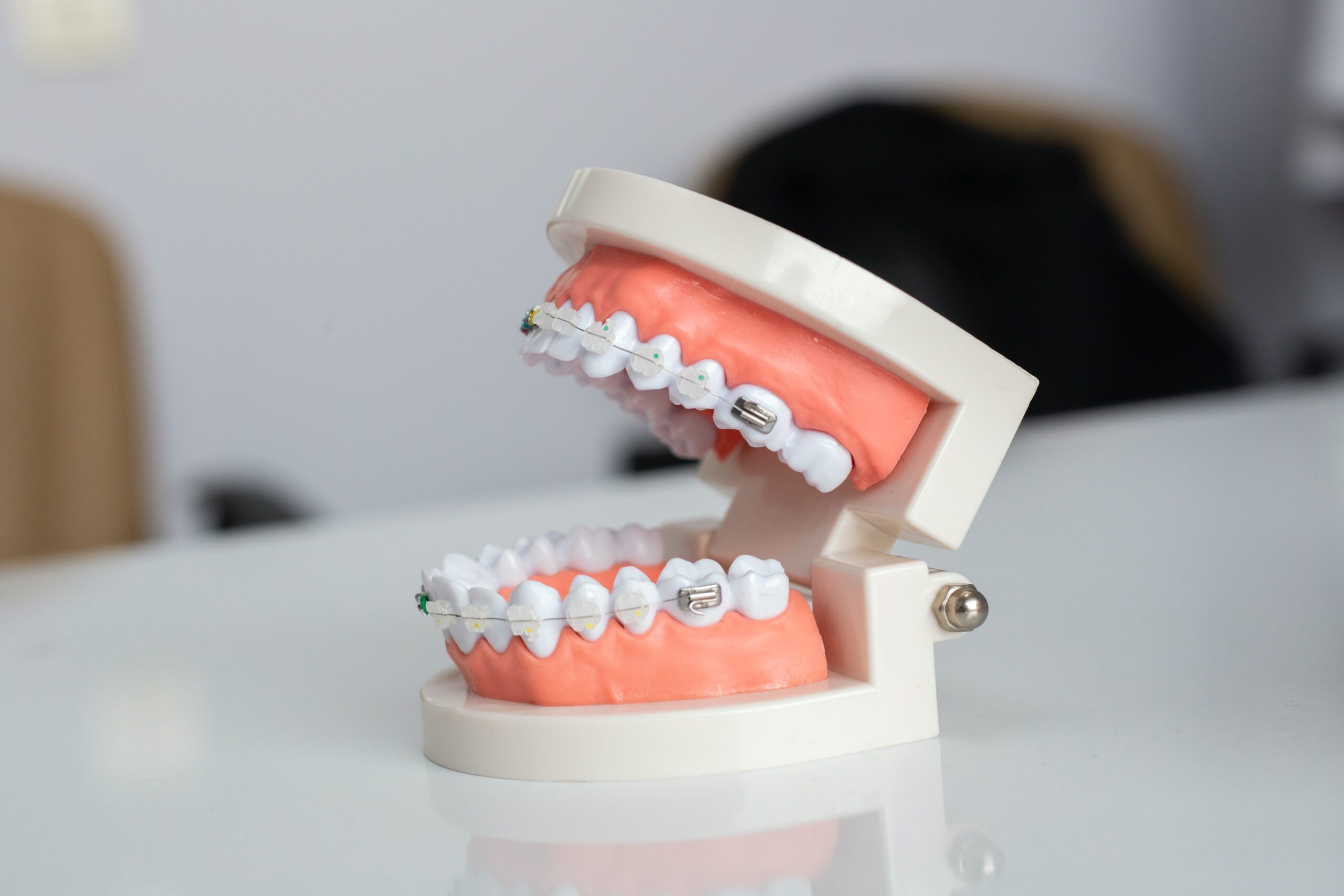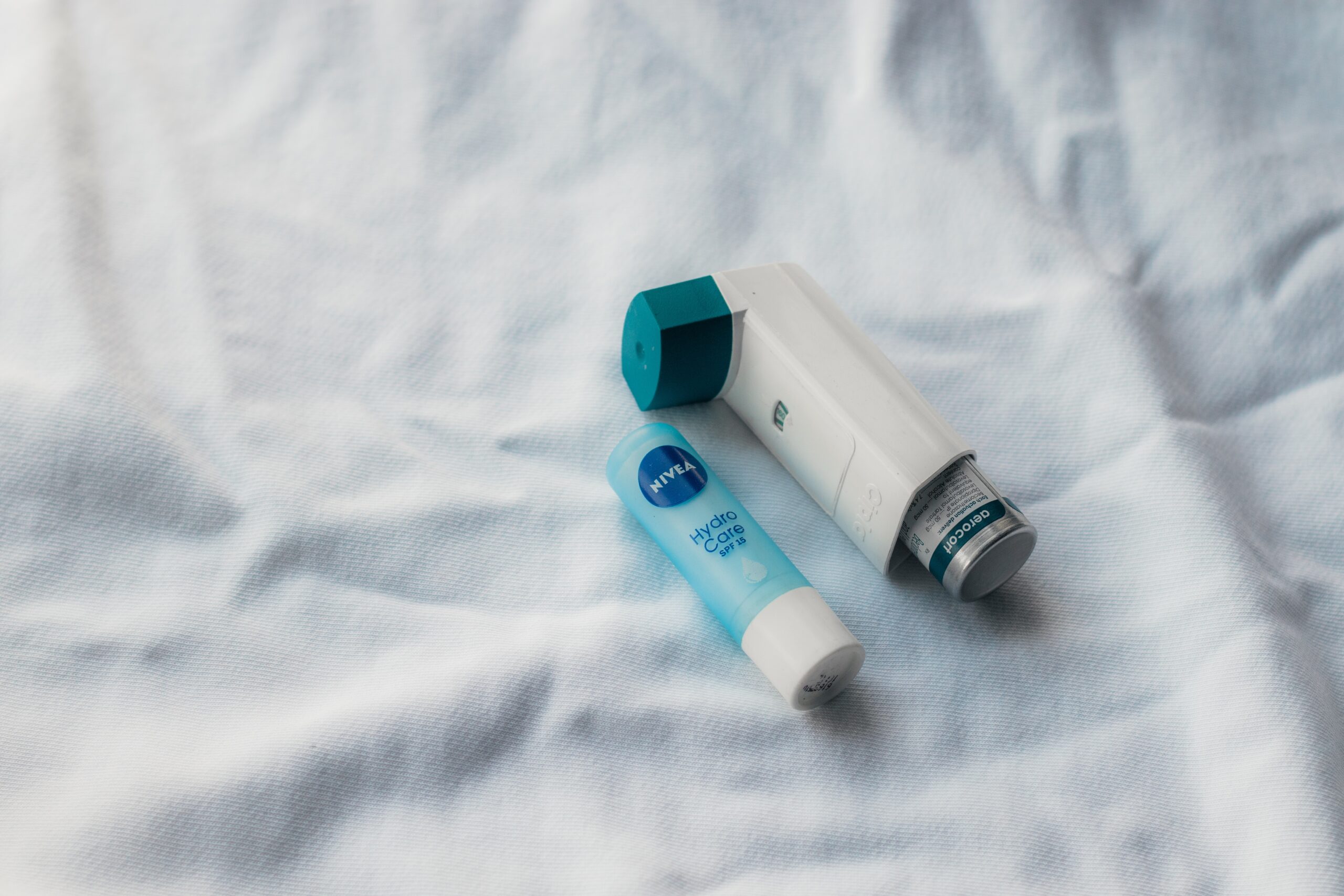Stop Mouth Ulcers Before They Start

Mouth ulcers can be a painful and irritating condition that many people experience at some point in their lives. These small, round sores that form inside the mouth can make eating, drinking, and speaking uncomfortable. Fortunately, there are steps you can take to prevent mouth ulcers from occurring in the first place. In this article, we will explore various strategies and lifestyle changes that can help you stop mouth ulcers before they start.
Understanding Mouth Ulcers
Before we dive into prevention methods, it’s important to understand what causes mouth ulcers. These sores can be triggered by a range of factors, including:
- Accidental biting of the inside of the cheek or tongue
- Sharp or broken teeth that irritate the mouth
- Stress or anxiety
- Changes in hormone levels
- Poor oral hygiene
- Food sensitivities or allergies
- Deficiencies in certain vitamins or minerals
By addressing these underlying causes, you can significantly reduce the likelihood of developing mouth ulcers.
1. Maintain Good Oral Hygiene
One of the simplest ways to prevent mouth ulcers is by practicing good oral hygiene. This includes brushing your teeth at least twice a day, flossing daily, and using mouthwash to kill bacteria. By keeping your mouth clean, you can reduce the risk of infections and irritations that can lead to ulcers.
Additionally, it’s important to replace your toothbrush every three to four months or sooner if the bristles become frayed. A worn-out toothbrush can harbor bacteria, increasing the chances of mouth ulcers.
2. Avoid Trigger Foods
Identifying and avoiding trigger foods can be an effective strategy for preventing mouth ulcers. Certain foods, such as citrus fruits, spicy dishes, and acidic beverages, can irritate the delicate lining of the mouth and trigger ulcers. Pay attention to your body’s reaction to different foods and eliminate or limit those that seem to cause mouth ulcers.
It’s also important to maintain a balanced diet that includes a variety of fruits, vegetables, whole grains, and lean proteins. A well-nourished body is better equipped to fight off infections and promote oral health.
3. Manage Stress Levels
Stress is known to weaken the immune system, making you more susceptible to various health issues, including mouth ulcers. Finding healthy ways to manage stress can significantly reduce the occurrence of ulcers. Consider incorporating relaxation techniques, such as deep breathing exercises, yoga, or meditation, into your daily routine.
Engaging in regular physical activity can also help alleviate stress and boost your immune system. Whether it’s going for a walk, hitting the gym, or practicing your favorite sport, find an activity that brings you joy and helps you unwind.
4. Protect Your Mouth
If you participate in sports or any activity that puts your mouth at risk of injury, it’s crucial to wear protective gear. Mouthguards can help prevent accidental bites, cuts, or trauma that can lead to mouth ulcers. Consult with your dentist to determine the best type of mouthguard for your needs.
Additionally, be mindful of any habits that may contribute to mouth ulcers, such as biting your nails, chewing on pens, or using your teeth to open packages. Breaking these habits can go a long way in preventing oral injuries and subsequent ulcers.
5. Stay Hydrated
Proper hydration is essential for overall health, including oral health. Drinking an adequate amount of water throughout the day helps maintain saliva production, which plays a vital role in protecting the mouth from infections and irritations. Aim to drink at least eight glasses of water daily and limit your consumption of sugary drinks.
6. Get Regular Dental Check-ups
Regular dental check-ups are not only important for maintaining oral health but can also help identify any potential issues that may lead to mouth ulcers. Your dentist can detect and address problems such as sharp or broken teeth, gum disease, or infections that could contribute to the development of ulcers.
During your dental visits, don’t hesitate to discuss any concerns or questions you may have about mouth ulcers. Your dentist can provide personalized advice and recommend additional preventive measures based on your specific situation.
Conclusion
Mouth ulcers can be a painful and bothersome condition, but by implementing these preventive strategies, you can reduce their occurrence and enjoy a healthier, more comfortable mouth. Remember to maintain good oral hygiene, avoid trigger foods, manage stress levels, protect your mouth during physical activities, stay hydrated, and schedule regular dental check-ups. By taking proactive steps, you can stop mouth ulcers before they start and improve your overall oral well-being.




